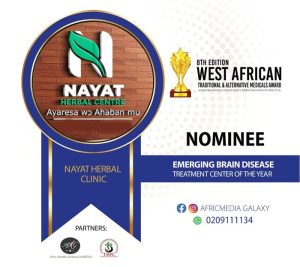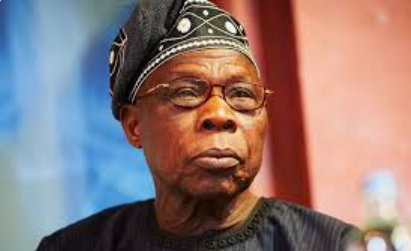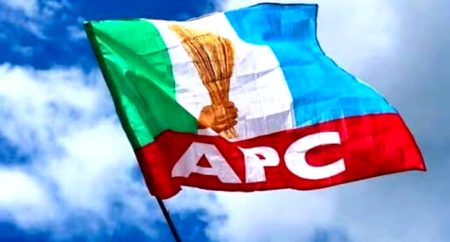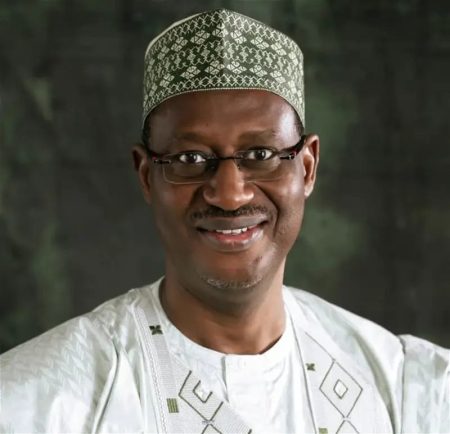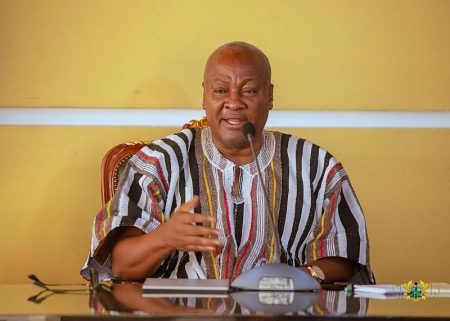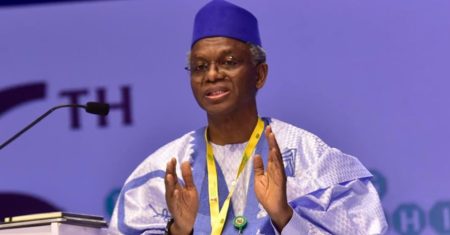Former President Olusegun Obasanjo, a two-time leader of Nigeria and a prolific writer himself, lauded the contributions of Nigerian writers to nation-building. Speaking at the Association of Nigerian Authors (ANA) FCT chapter’s monthly ‘Reading/Writers Dialogue’ in Abuja, Obasanjo emphasized the vital role writers play in shaping society and elevating national culture. He highlighted the late Chinua Achebe as a prime example, praising his ability to expose Nigeria to the world and celebrate its rich cultural heritage through his literary works. Obasanjo’s presence at the dialogue, themed “The Writers’ Role in Nation-Building and Africa’s First Presidential Library,” underscored the importance he places on literature and its impact on societal development. The event served as a platform for literary discussion and the exchange of ideas, further solidifying the commitment to nurturing literary talent within Nigeria.
Obasanjo expressed concern about the declining reading habits among young people in the internet age. He argued that reading is fundamental to personal and intellectual growth, and its decline poses a threat to producing informed and competent future leaders. He emphasized the symbiotic relationship between readers and writers: without a vibrant reading culture, aspiring writers lack the necessary inspiration and audience to flourish. He called for concerted efforts to encourage reading among the youth, recognizing its crucial role in fostering critical thinking, expanding knowledge, and ultimately, contributing to national progress. The former president’s call to action serves as a reminder of the urgent need to address this issue and cultivate a love for reading among the younger generation.
The former president showcased his own literary contributions by presenting several of his books, including “My Command,” “This Animal Called Man,” “Not My Will,” “A New Dawn,” “Democracy Works,” and “Making Africa Work.” By sharing his diverse body of work, Obasanjo demonstrated his belief in the power of writing to document history, analyze societal issues, and propose solutions. His active participation in the dialogue reflected his continued commitment to intellectual pursuits and his recognition of the importance of literature in shaping public discourse. The event offered a unique opportunity for attendees to engage with the former president and gain insights into his literary journey.
Senator Shehu Sani, an author and human rights activist, echoed Obasanjo’s sentiments, praising Nigerian writers for their role in driving positive change and advocating for a more just and equitable society. He emphasized the enduring legacy of written works, which transcend time and geographical boundaries. Sani also expressed concern about the impact of the internet on reading habits, acknowledging its dual nature. While the internet provides easy access to information and educational resources, it can also contribute to superficial engagement with text and discourage in-depth reading and research. His perspective adds another layer to the discussion surrounding the evolving landscape of literature and the challenges posed by digital technologies.
Chukwudi Eze, Chairman of ANA Abuja chapter, highlighted the association’s commitment to fostering young literary talent through mentorship programs and initiatives that promote reading and writing. The ‘Reading/Writers Dialogue’, he explained, is a key component of their efforts to cultivate narratives that envision a better Nigeria. Eze expressed gratitude for Obasanjo’s participation, acknowledging his distinguished leadership and highlighting his contributions to Nigeria’s economic and political development. He emphasized the significance of Obasanjo’s diverse cabinet and his role as a global leader, further underscoring the multifaceted nature of the former president’s contributions to the nation.
The event included a diverse range of activities, including a panel discussion, spoken-word performances, poetry recitations, and the presentation of awards. This multifaceted approach created a vibrant and engaging atmosphere, celebrating the power of literature in its various forms. The inclusion of various artistic expressions served to enrich the dialogue and provide a platform for showcasing the diverse talents within the literary community. The combination of intellectual discourse and artistic performances provided a holistic experience, highlighting the multifaceted nature of literature and its potential to inspire and transform. The event exemplified the continued vitality of the Nigerian literary scene and its potential to contribute meaningfully to national development.


